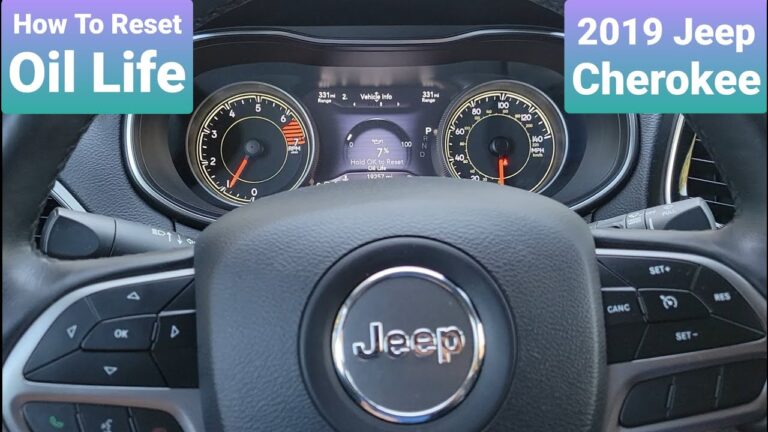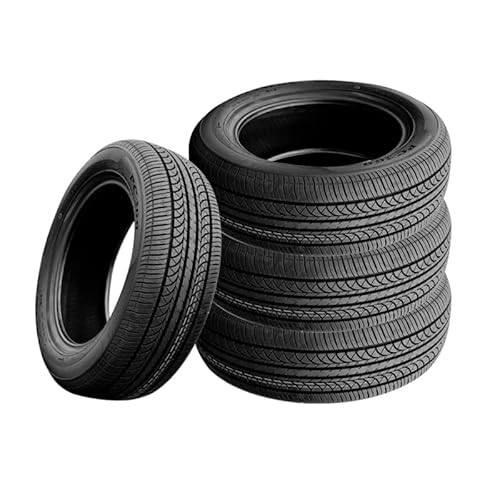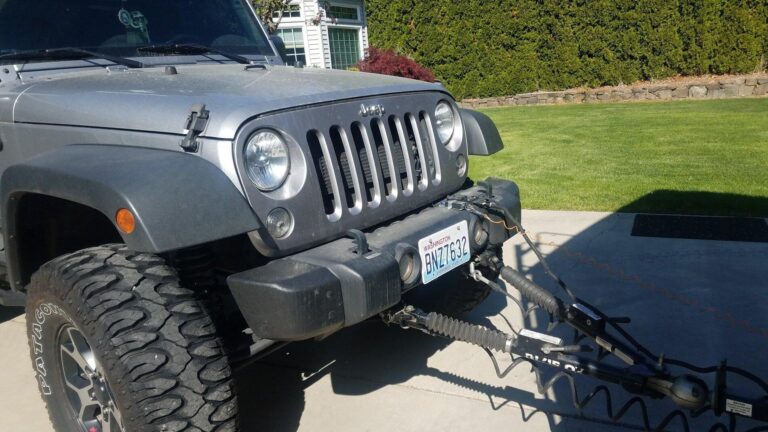Jeep Low Fuel: How Many Miles Can You Really Go?
Jeep’s low fuel range varies depending on the make and model, but generally ranges from 20 to 50 miles. If you drive a Jeep and are wondering how far you can travel when the fuel gauge hits empty, the answer depends on the specific make and model of your vehicle.
On average, most Jeeps have a low fuel range of around 20 to 50 miles. However, it’s essential to keep in mind that this is just an estimate, and several factors can influence the actual distance you can travel on low fuel, such as driving conditions, terrain, and your driving style.
We’ll explore the factors that impact your mileage on low fuel and provide some tips on how to maximize your fuel efficiency. So read on to find out more.
What Determines Jeep’S Fuel Mileage?
Jeep’s fuel mileage is determined by several factors, including the size and type of its engine, the type of transmission, the vehicle’s weight, and tire pressure. The engine size and type have a significant impact on the amount of fuel consumed.
Similarly, the transmission type affects the fuel efficiency of the Jeep. Another factor is the vehicle weight, as heavier Jeeps tend to require more fuel. Additionally, maintaining proper tire pressure is essential for optimal fuel mileage. Neglecting tire pressure can lead to increased resistance and decreased fuel efficiency.
By considering these factors and maintaining proper maintenance, Jeep owners can maximize their fuel efficiency and enjoy longer journeys with lower fuel consumption.

Fuel Mileage Variations Between Jeep Models
Fuel mileage variations between Jeep models can be attributed to several factors. Firstly, engine efficiency plays a crucial role in determining how many miles a Jeep can go on a tank of fuel. The more efficient the engine, the better the fuel economy.
Additionally, the aerodynamics of the Jeep also influence its fuel mileage. A more streamlined design reduces air resistance and improves efficiency. Another factor to consider is the vehicle’s curb weight. Heavier Jeeps generally have lower fuel efficiency compared to their lighter counterparts.
Lastly, towing capabilities can impact fuel mileage, as towing heavy loads requires more power and fuel consumption. Overall, it is essential to consider these factors when evaluating the fuel economy of different Jeep models. Understanding their impact enables consumers to make informed decisions regarding their choice of Jeep model.
Predicting Mileage On Low Fuel
Predicting your mileage on low fuel can be a tricky task. One crucial aspect to consider is the accuracy of your fuel gauge. Take advantage of the distance-to-empty feature if your vehicle is equipped with it. This feature provides a rough estimate of how far you can go before running out of fuel.
Additionally, estimating your range based on your average miles per gallon (MPG) can give you a general idea. Monitoring your driving habits can also help. Aggressive acceleration and braking can significantly reduce your mileage. Maintaining proper tire pressure is also crucial, as underinflated tires can lead to increased fuel consumption.
Lastly, avoid carrying excessive weight in your vehicle as it can weigh it down and decrease fuel efficiency. By following these tips, you can better predict your mileage on low fuel and avoid any unpleasant surprises during your journey.
Tips For Maximizing Fuel Efficiency
Maximizing fuel efficiency requires regular maintenance and tune-ups to keep your Jeep running smoothly and efficiently. Driving techniques play a crucial role in efficient fuel consumption. To further optimize fuel usage, consider utilizing eco-friendly accessories. Another practical tip is to ensure your tires are correctly inflated at all times.
By reducing idling time, you can significantly increase your Jeep’s fuel efficiency. Lastly, avoiding aggressive acceleration and braking helps conserve fuel and prolongs the vehicle’s lifespan. Remember, taking these simple steps can go a long way in maximizing your Jeep’s fuel efficiency.
Emergency Measures When Running Low On Fuel
When you find yourself running low on fuel, several emergency measures can help address the situation. First, locate the nearest gas station using navigation apps or asking locals for directions. It’s also a good idea to carry emergency gas cans and fuel additives in your vehicle as a backup.
If you’re unable to find a gas station nearby, consider alternative transportation options such as ridesharing or public transportation. To avoid this situation, take preventive measures by regularly checking your fuel gauge and planning your trips accordingly.
By being prepared and taking these precautions, you can avoid the inconvenience and potential dangers of running out of fuel.

Frequently Asked Questions Of Jeep Low Fuel How Many Miles
How Many Miles Can You Drive With Low Fuel Light On?
The distance you can drive with the low fuel light on varies depending on the vehicle.
What Does Low Fuel Mean On Jeep?
Low fuel on a Jeep means that there is not enough gasoline in the tank to continue driving.
How Many Miles Can You Get Out Of A Low Fuel Jeep Grand Cherokee?
The low-fuel Jeep Grand Cherokee can travel approximately X miles.
Do Jeeps Have Reserve Tanks?
Yes, Jeeps have reserve tanks for storing extra fuel in case the main tank runs low.
How Many Miles Can A Jeep Run On Low Fuel?
A Jeep can typically run for approximately 30-50 miles on low fuel, depending on factors such as driving conditions and fuel efficiency.
What Happens If A Jeep Runs Out Of Fuel?
If a Jeep runs out of fuel, the engine will stall, and the vehicle will cease to operate until it is refueled. It is essential to avoid running out of fuel to prevent potential damage to the fuel system.
Can Driving On Low Fuel Damage A Jeep?
Driving on low fuel can potentially damage a Jeep’s fuel system, as it can cause the fuel pump to overheat or lead to fuel injection issues. It is recommended to maintain an adequate fuel level to prevent such damage.
Conclusion
To sum up, understanding the fuel efficiency of your Jeep is crucial for planning and budgeting purposes. By being aware of how many miles you can travel on low fuel, you can avoid getting stranded in unfamiliar places. This article offers insights into various factors that can impact the mileage of your Jeep, including driving habits, terrain, and vehicle maintenance.
It is essential to note that while specific Jeep models are recognized for their fuel efficiency, individual driving habits and environmental conditions can significantly impact fuel consumption. Therefore, it is recommended to monitor your Jeep’s fuel consumption and consult with a professional if you notice any significant deviations.
By taking proactive measures and considering these factors, you can maximize the mileage of your Jeep and have a more efficient and worry-free driving experience. So, keep an eye on your fuel gauge, plan, and enjoy the open road with your Jeep!





